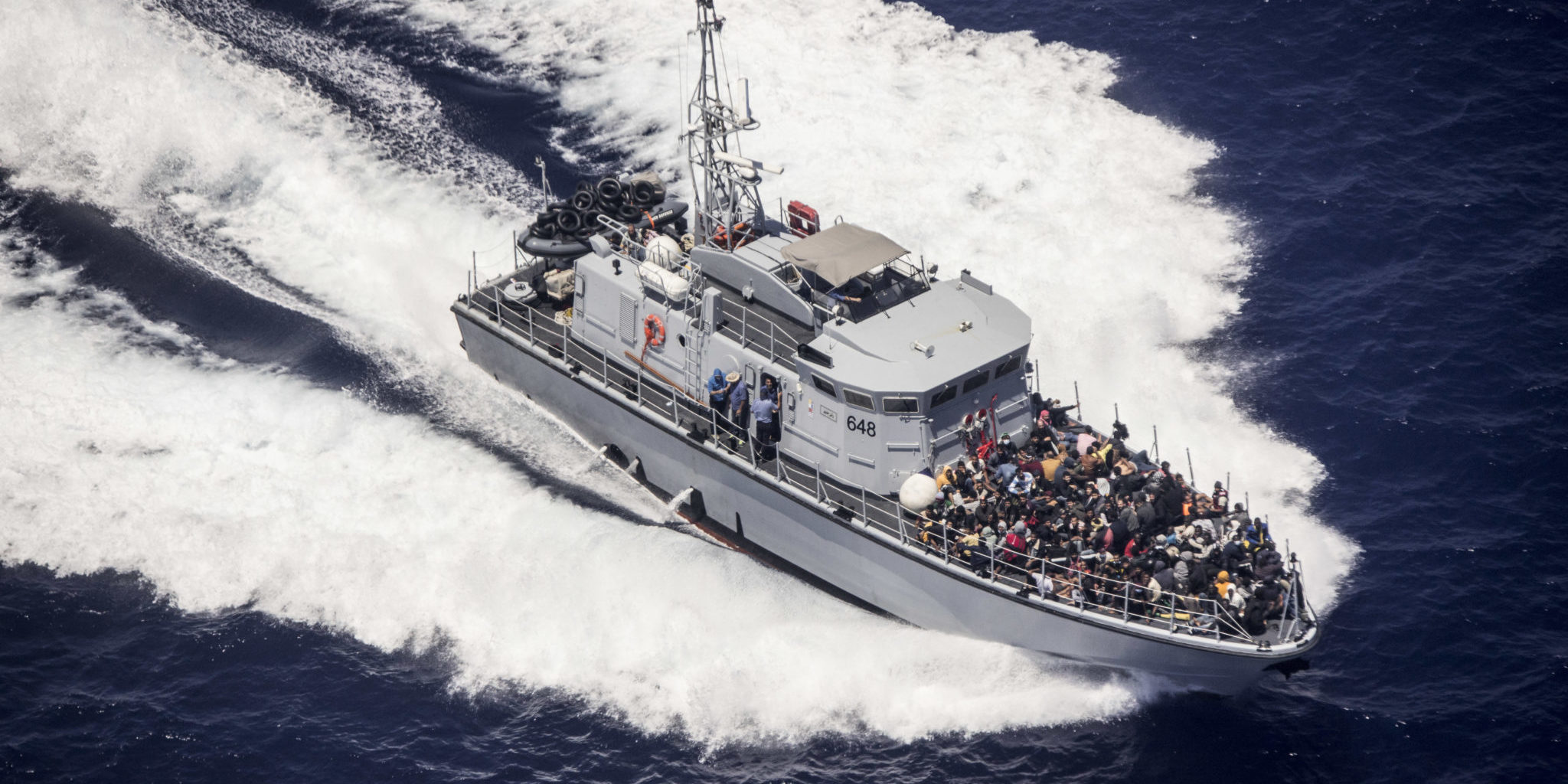On Friday, April 29th 2022, the German Parliament will vote on the mandate extension of EUNAVFOR MED Operation IRINI. Here, you can find out what this is and why Sea-Watch thinks the German participation in Operation IRINI is a fig leaf.
But first: What is IRINI, and how does the German mandate work?
EUNAVFOR MED Operation IRINI is a European military operation in the Mediterranean Sea that started in March 2020. It is the successor to Operation SOPHIA. EUNAVFOR MED IRINI is supported by 24 European member states, including Germany. Its core tasks include enforcing the UN arms embargo against Libya and monitoring illegal oil exports. But also the expansion and training of the so-called Libyan coast guard. A coast guard often uses force and is commissioned by the EU to intercept people fleeing across the central Mediterranean and return them to Libya in violation of international law.
The European plan behind this is clear: people fleeing should not reach Europe.
Germany has removed the training of the so-called Libyan coast guard from its mandate. That is correct, but training will continue to be part of the European mandate. So this does not lead to an end to illegal pullbacks to Libya.
Sea-Watch spokesperson Mattea Weihe already commented on the German government’s decision to extend the German mandate for participation in Operation IRINI a few weeks ago:
Instead of actively searching for and rescuing people in distress at sea, with IRINI, the EU continues to rely on isolation and outsourcing the human rights violations it does not want to commit itself.
The need for safe escape routes to Europe continues. The mission of migration prevention outsourced to the so-called Libyan Coast Guard must end. As long as people cannot enter Europe via safe escape routes, sea rescue in the central Mediterranean must finally be financed and carried out across Europe.











